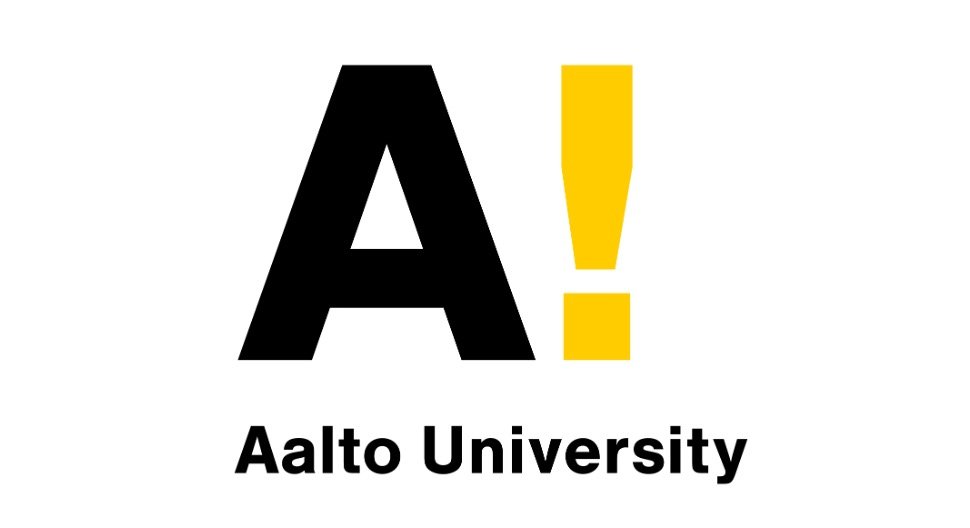Category: Career Advice
-

Websites to Create and Download Free Resume...
Continue ReadingWebsites to Create and Download Free Resume Templates
Looking for a free way to make a professional resume or CV? Whether you need a simple one-page resume, a longer multi-page CV, or an academic CV for PhD or postdoctoral applications, there are websites that can help.
These tools are easy to use and free to access. Check out these great websites where you can create or download free resume templates:
1. TempaHive
Features:
• Free Resume Templates: TempaHive has many different resume templates for all types of jobs. Whether you want a simple or creative design, you’ll find something that suits you.
• Academic CV Templates: They also have templates for academic CVs, perfect for PhD applications, postdoc positions, and research jobs.
• Free Resume Builder: You can sign up for free and use their resume builder. There are no limits on how many templates you can download.
Why It’s Great:
TempaHive is great for job seekers and academics. You can find both professional and academic CV templates for free.
Features:
• Academic CV Builders: This site is especially for academics. You can find free CV builders for PhD CVs, Postdoc CVs, Assistant Professor CVs, Lecturer CVs, and Scientist CVs.
• Easy to Use: The site is simple to use, and the templates are designed for academic jobs. You just fill in your information.
Why It’s Great:
ResearchTweet Tools is perfect if you need an academic CV. It’s easy to create a professional CV for any academic role you are applying for.
3. TempaLyst
Features:
TempaLyst offers a special package for PhD applications and postdoc applications. The package includes:
- Editable CV: A professional CV template that you can edit.
- Editable Cover Letter: A cover letter template to help you write your application.
- Editable Recommendation Letter: Templates for your reference letters.
- Extra Features: Icons, follow-up email templates, and more.
- Helpful Guides: Guides on how to write a good cover letter and make your CV stand out.
Why It’s Great:
TempaLyst is perfect for PhD and postdoc applicants. The package includes everything you need for a complete application, including recommendation letters and email templates.
Share
Related Articles
Career Opportunities
Explore Science Stories
Recent Career Opportunities
-

PhD Program Recommendation Letter Samples
Continue ReadingPhD Program Recommendation Letter Samples
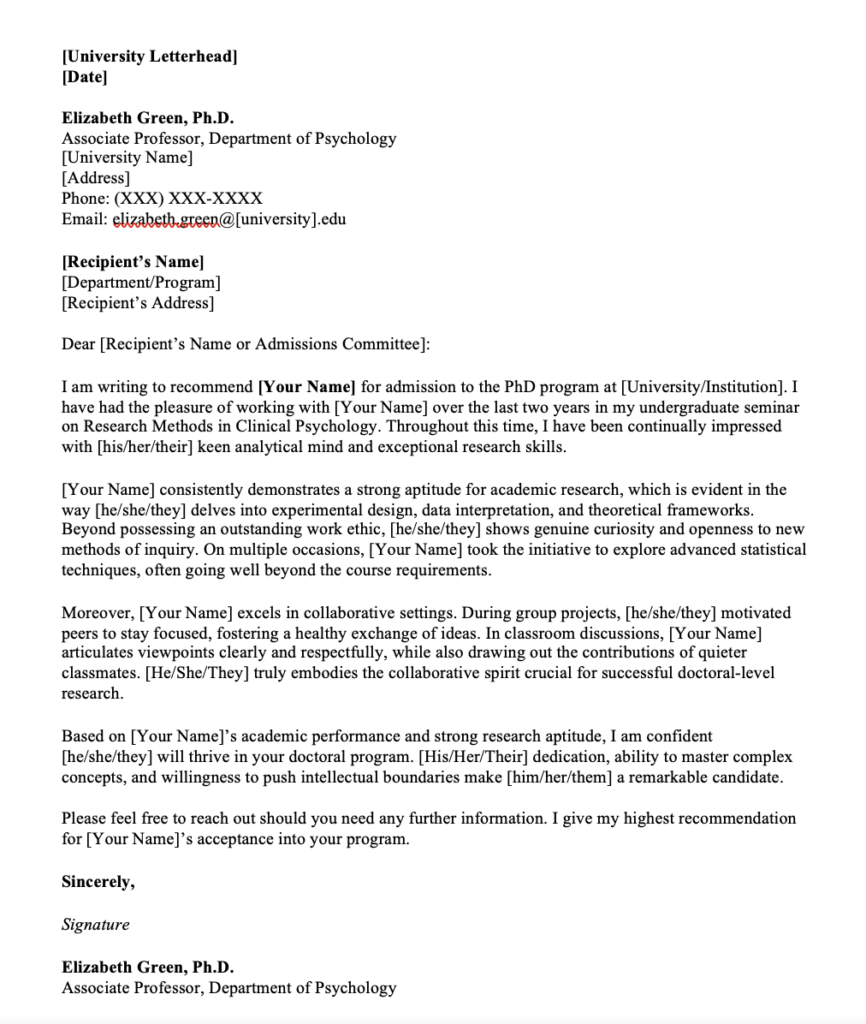
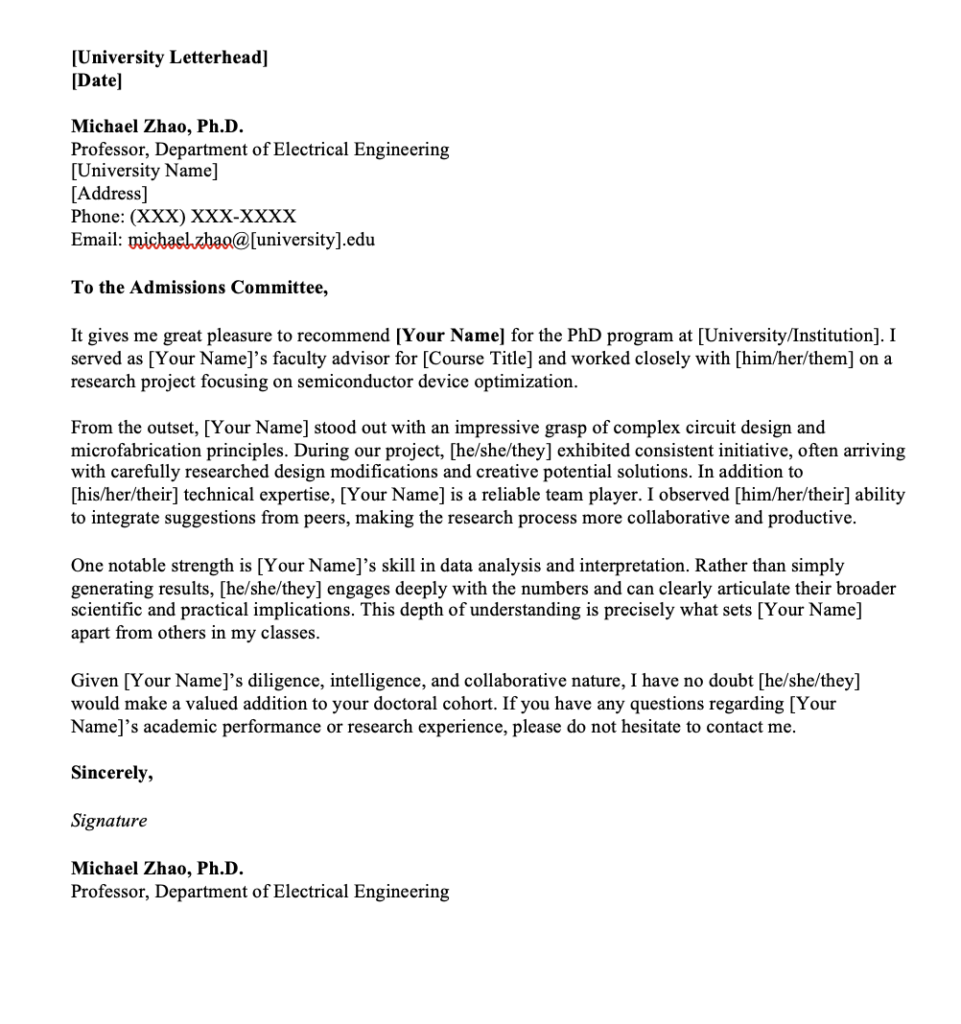
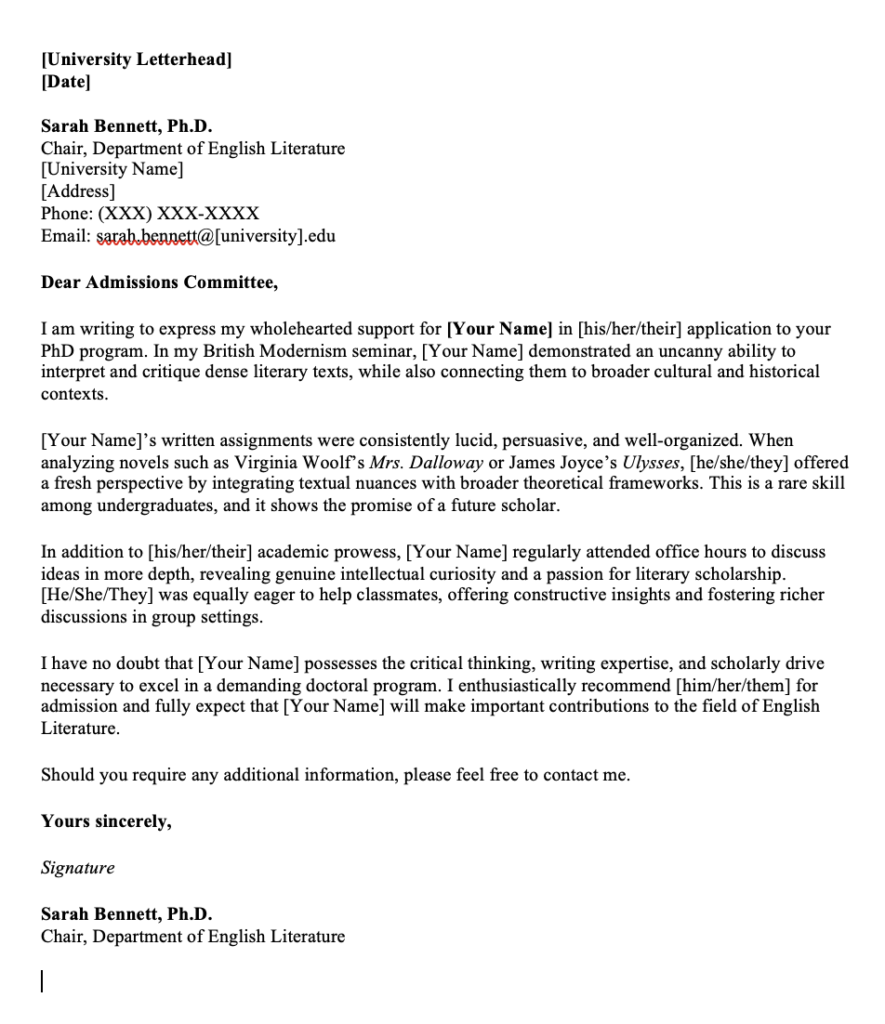
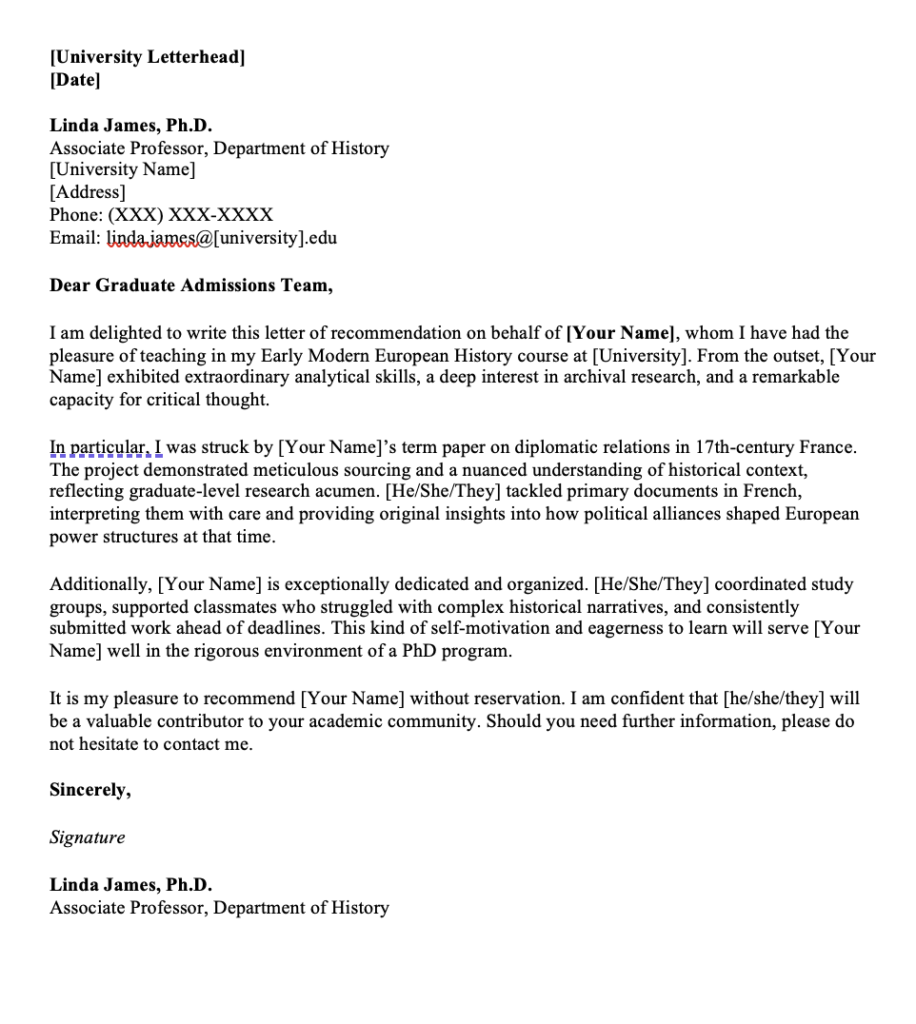
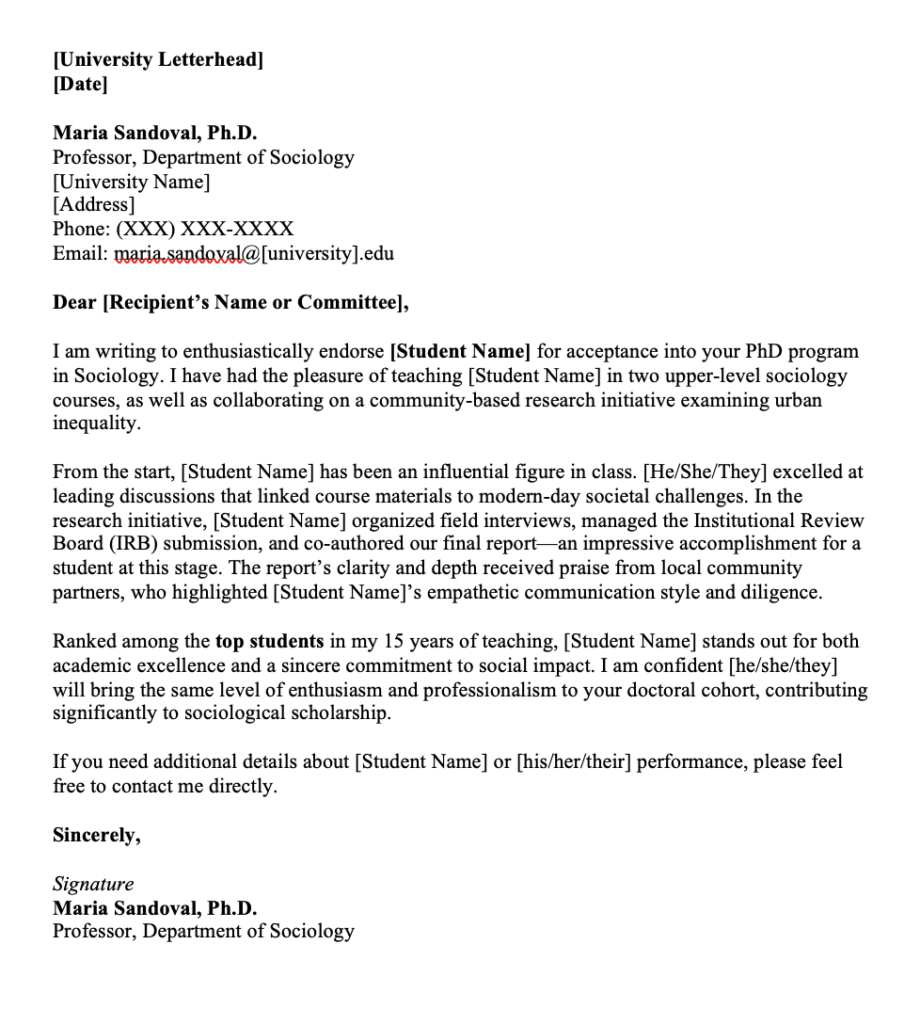
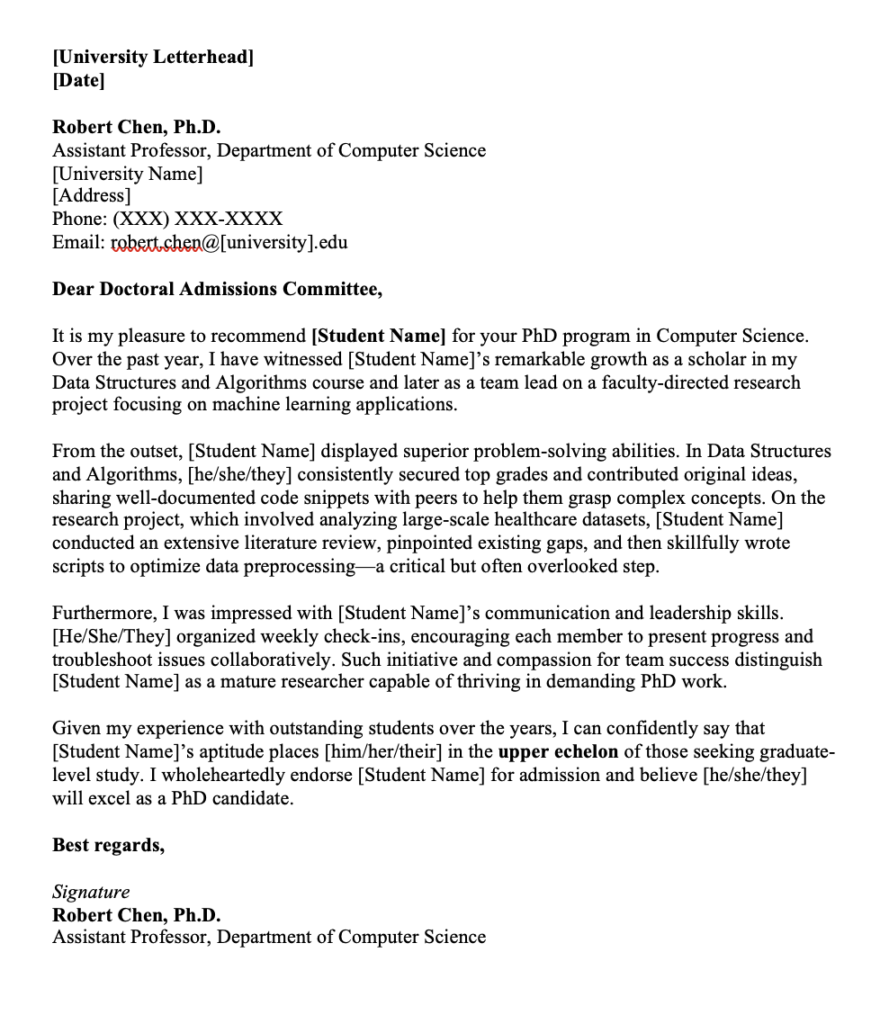
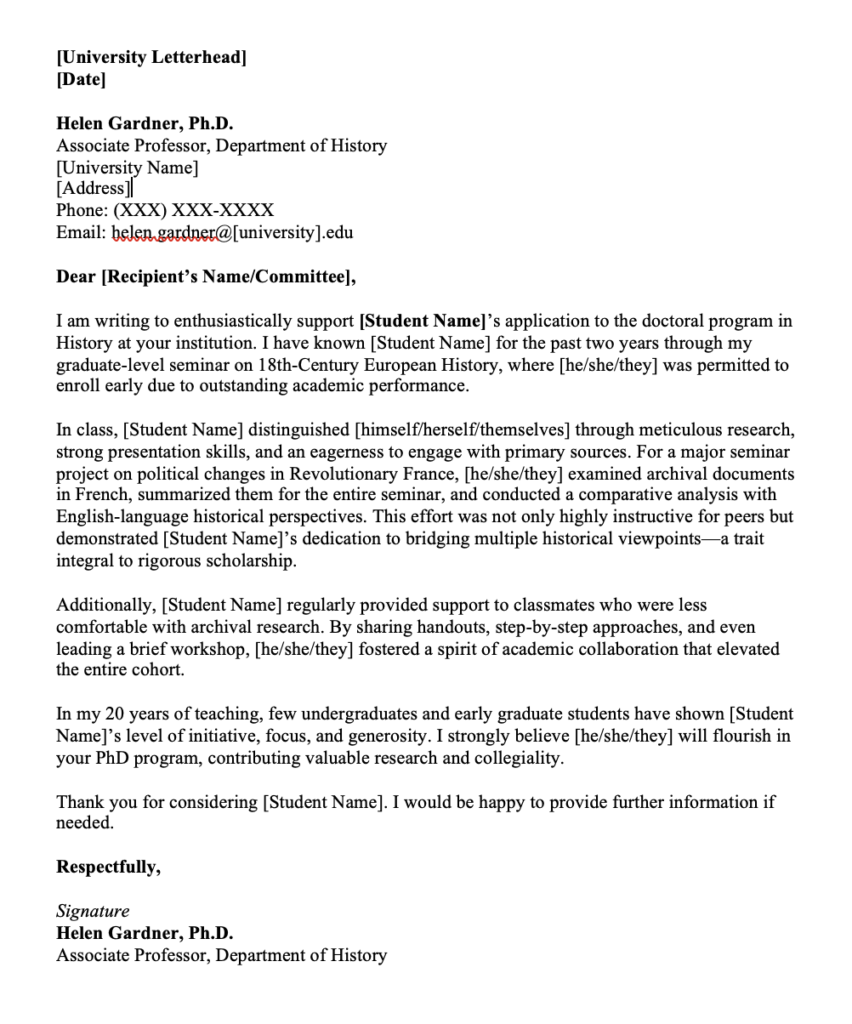
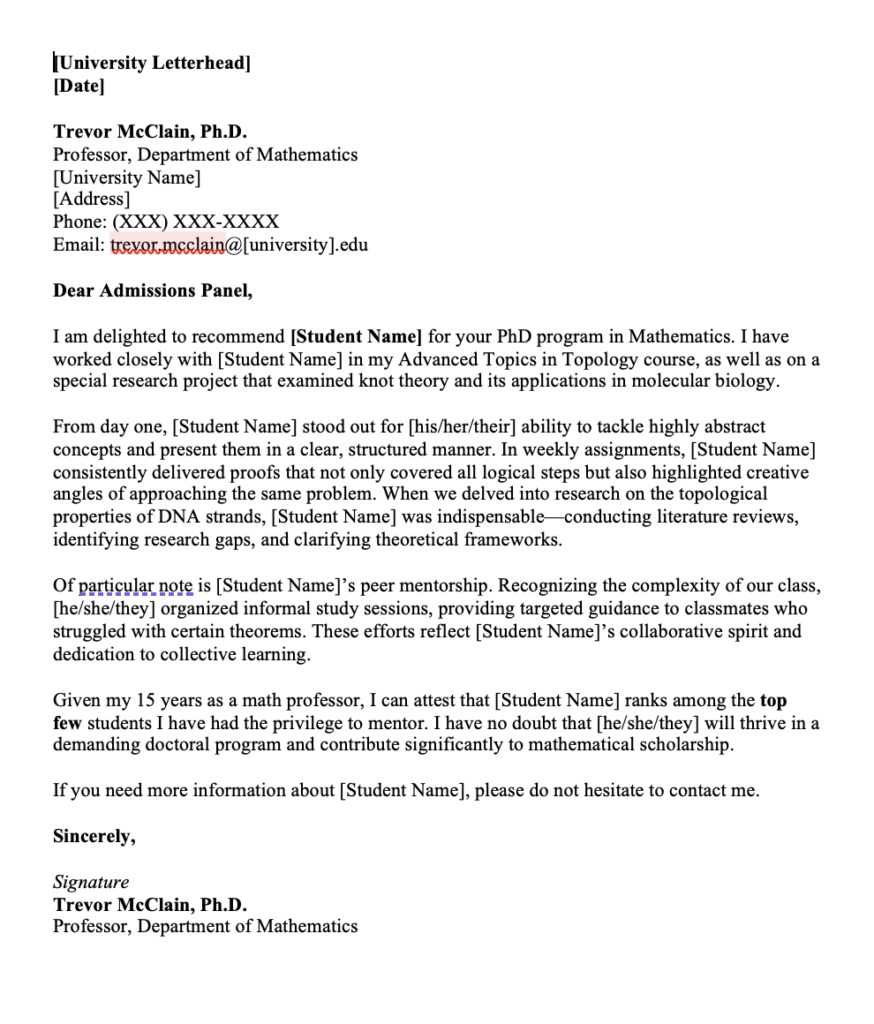
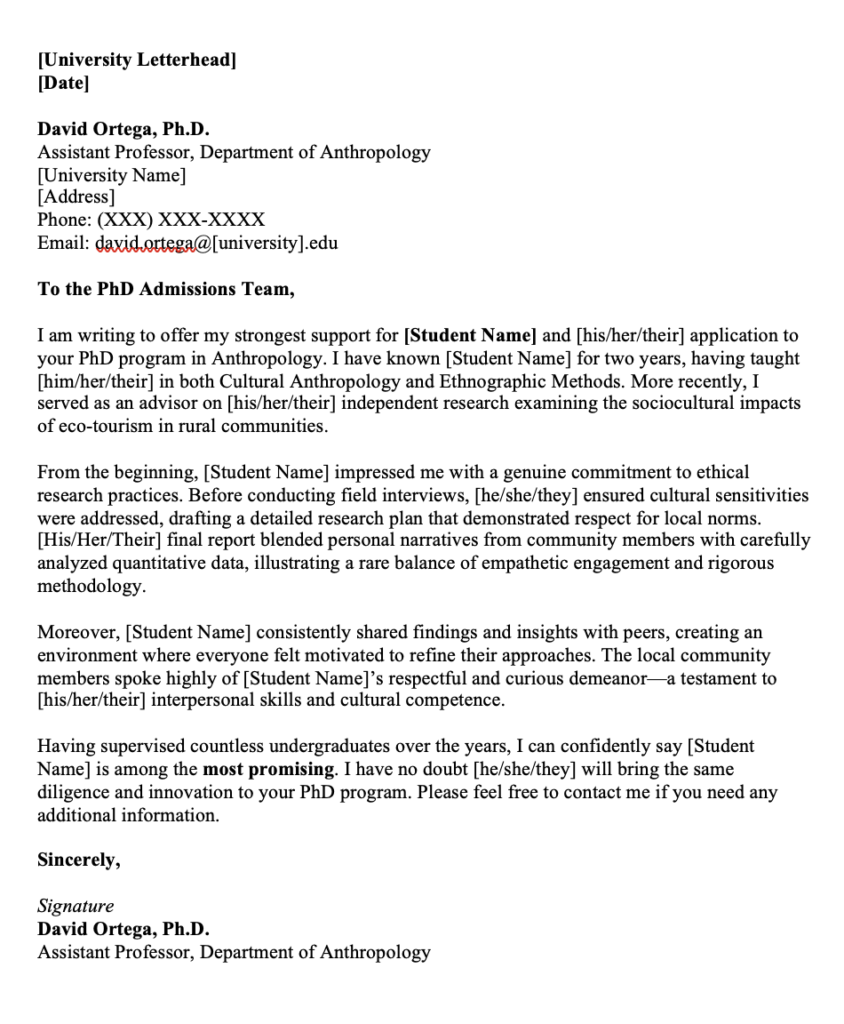
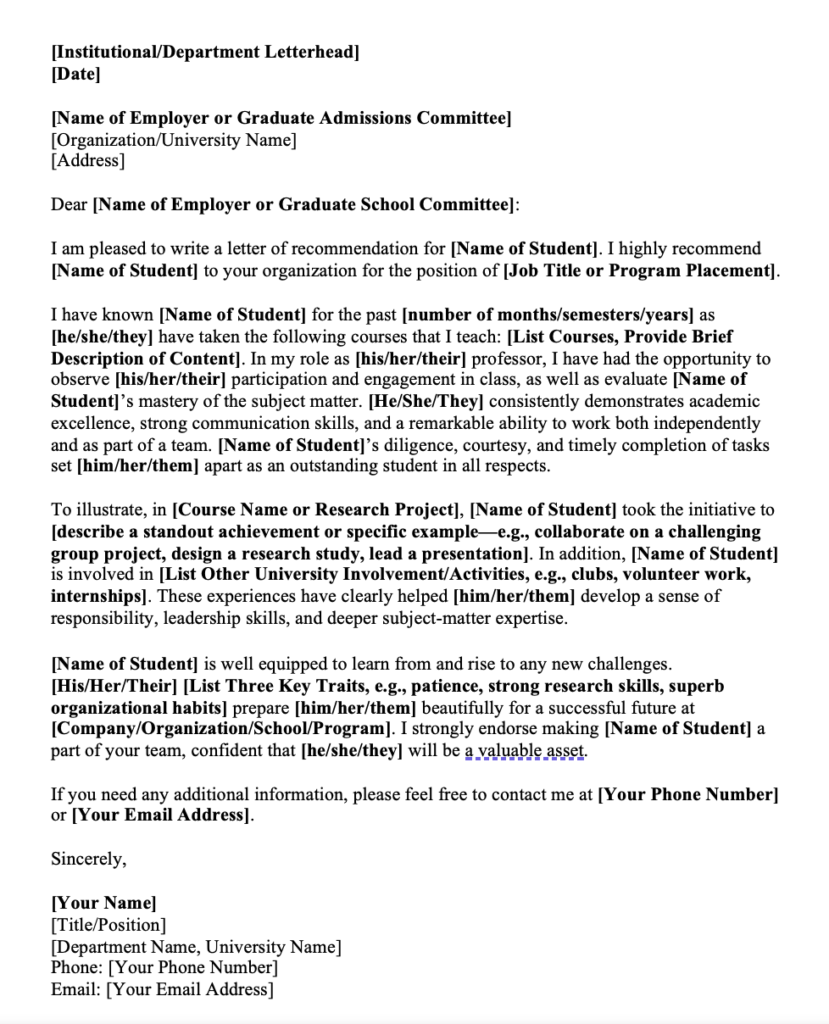
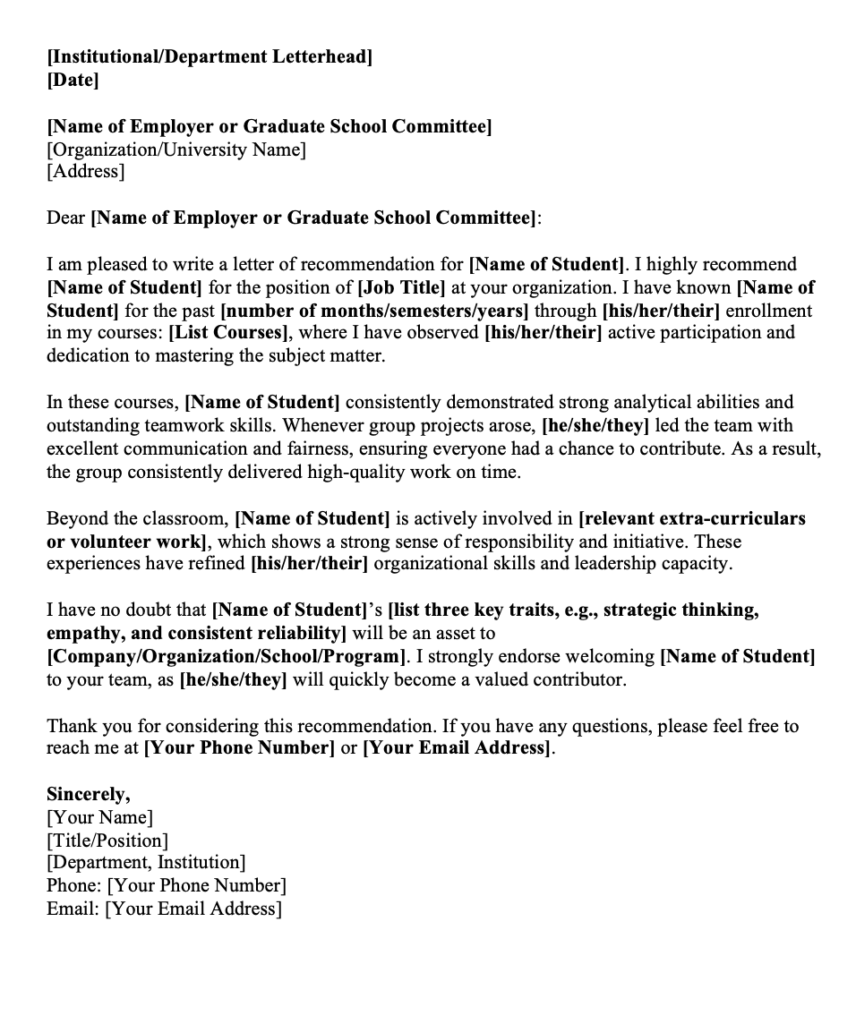
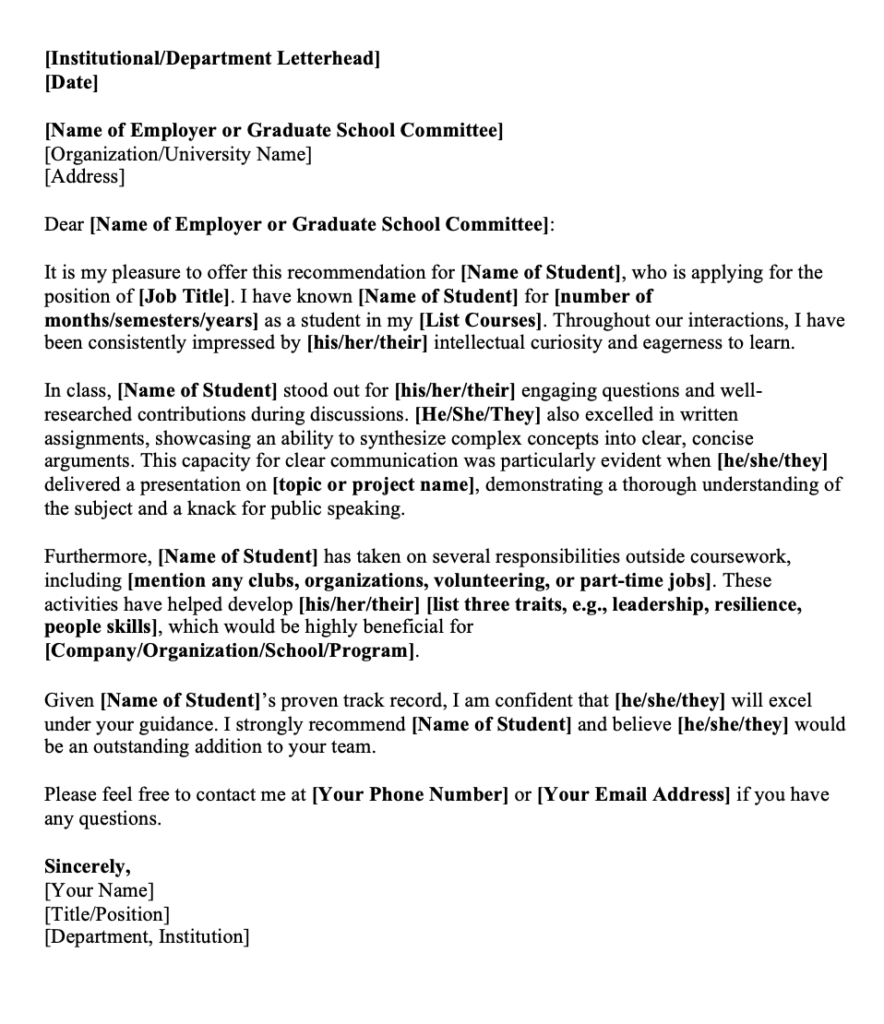
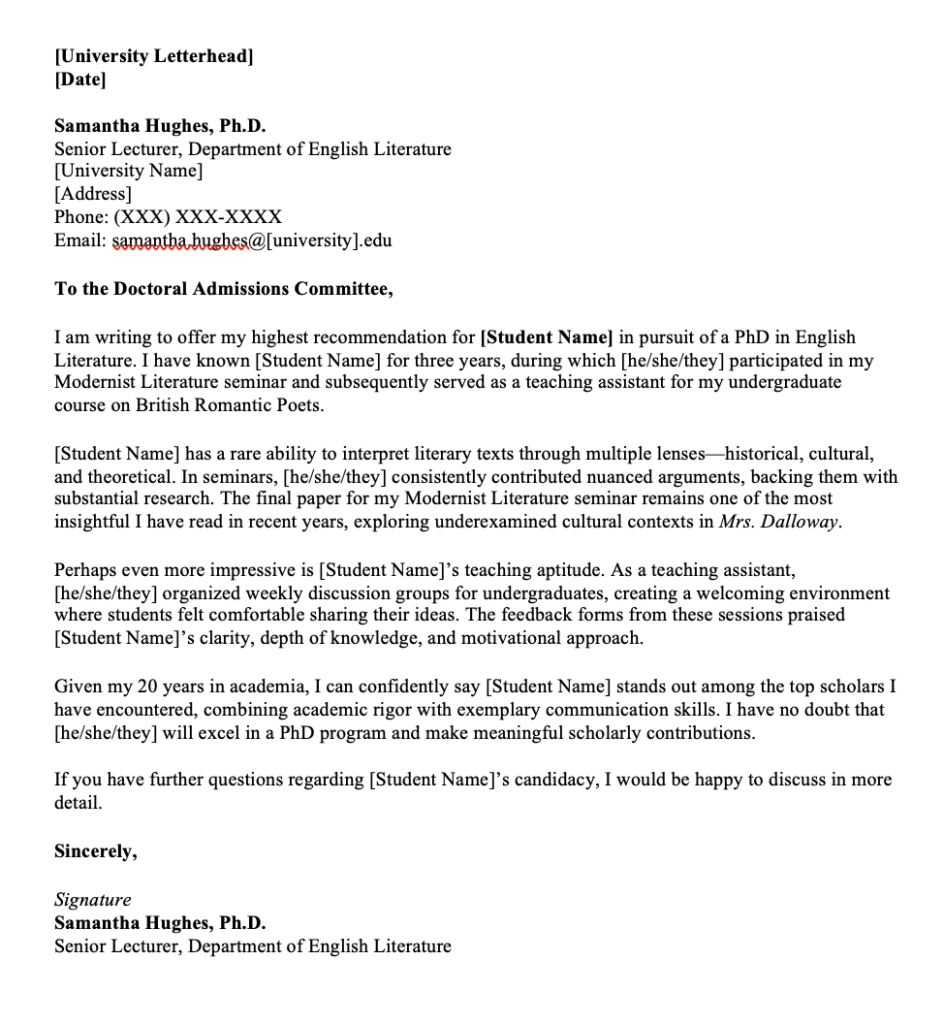
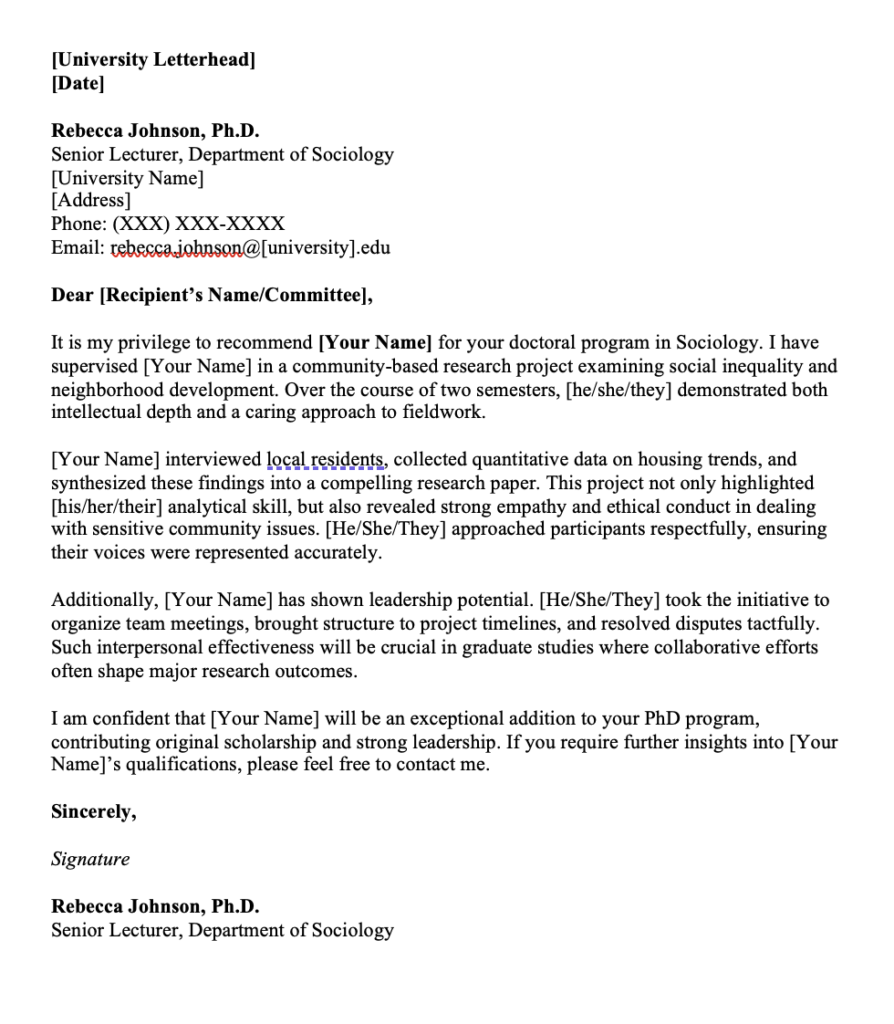
Join our email list to receive job alerts directly in your inbox!
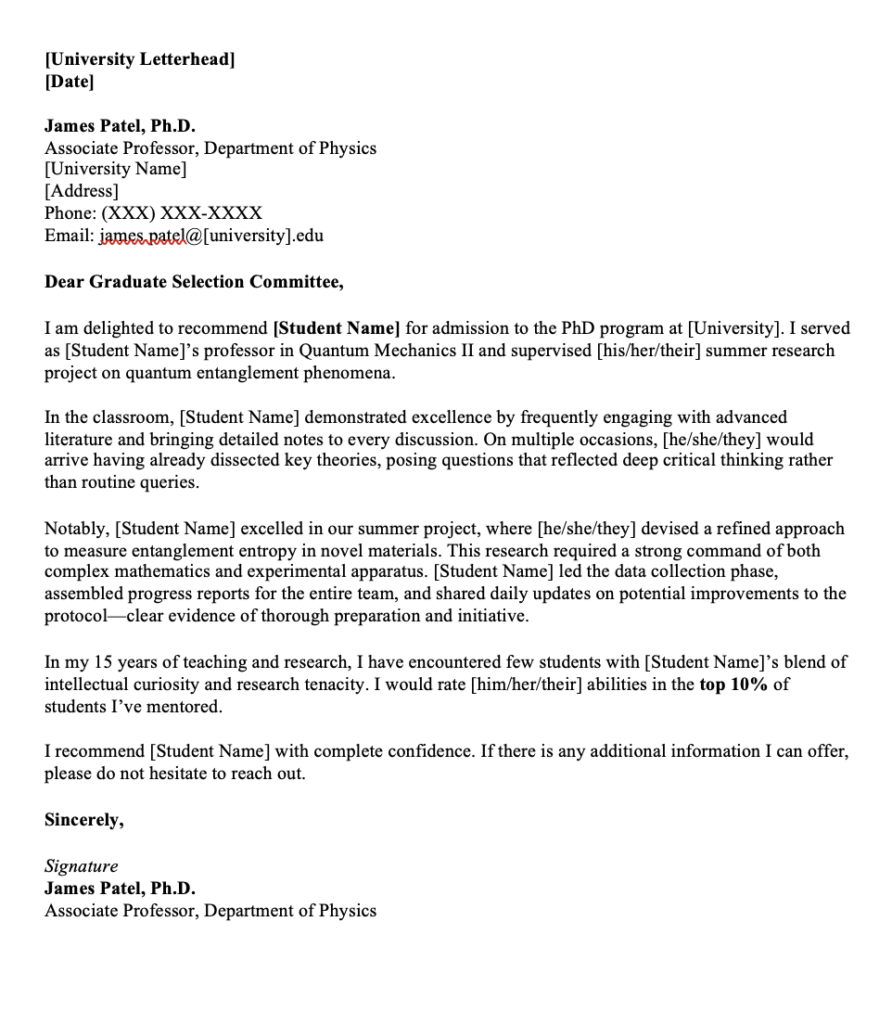
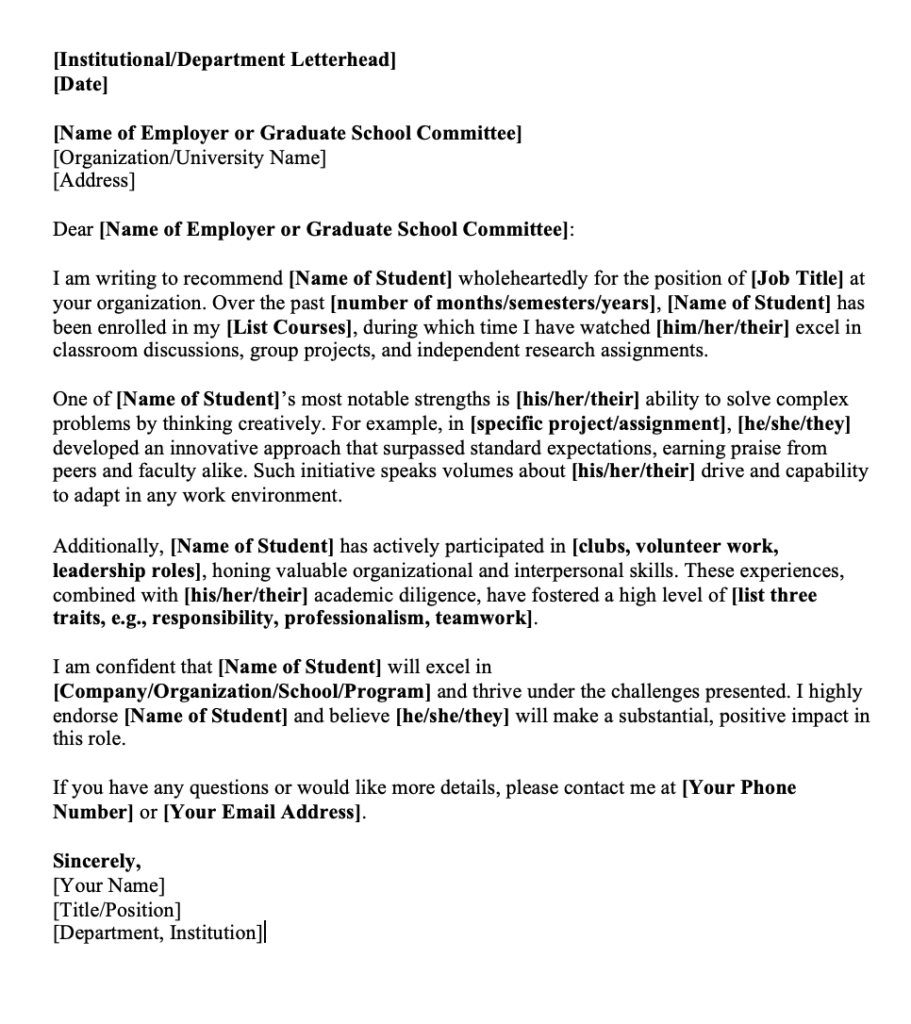
Share
Related Articles
Career Opportunities
Explore Science Stories
Recent Career Opportunities
-

10 Best Websites to Find Funded PhD...
Continue ReadingBest Websites to Find Funded PhD Programs in 2025
Did you know that less than 40% of students seeking PhD positions globally secure full funding? For aspiring researchers, finding a fully funded program can feel like searching for a needle in a haystack.
Securing a funded PhD program not only covers tuition but also provides financial stability, allowing you to focus on groundbreaking research. But with countless websites, university portals, and resources out there, where do you even begin?
In this article, we’ll cut through the noise and highlight the best platforms to find funded PhD programs in 2025.
Pro Tip: Apply to multiple programs in different countries to maximize your chances of acceptance.
Subscribe for our newsletter to receive exclusive job alerts!
Websites for Finding Fully Funded PhD Programs
- Why It’s Worth Bookmarking: Lists funded PhD programs, postdoc positions, and academic jobs across disciplines.
- Pro Tip: Subscribe to their weekly newsletter for real-time updates on openings.
- What’s Special: Focuses on opportunities in academia, including fully funded PhD programs around the globe.
- Key Takeaway: Look for exclusive listings not commonly found on other platforms.
- Key Offering: A dedicated platform for finding academic fellowships and scholarships for PhD and postdoc positions.
- Pro Tip: Discover exclusive, frequently updated listings, check back daily to stay ahead with the latest PhD opportunities.
Common Mistake: Focusing only on rankings instead of evaluating funding and faculty expertise.
- Why Use It: Offers global PhD and postdoctoral opportunities around the world.
Pro Tip: Perfect for candidates seeking research opportunities worldwide, with daily updates ensuring you never miss the latest openings across different continents.
- Unique Features: Covers funded PhD, postdoc, and academic vacancies in universities worldwide.
- Key Takeaway: Ideal for candidates seeking interdisciplinary opportunities across different continents.
- Why It’s Useful: A global platform connecting students with academic job openings, including fully funded PhD programs.
- Pro Tip: Use their country and discipline filters to find niche programs in less competitive regions.
Pro Tip: A candidate secured a funded PhD in computational biology at Stanford by applying early and showcasing grant-writing skills.
Join our email list to receive job alerts directly in your inbox!
7. FindAPhD.com
- Unique Features: Regularly updated database; advanced search features; includes application deadlines.
- Key Takeaway: Bookmark programs and sign up for alerts to never miss a funding deadline.
- Why It’s Useful: Offers a curated list of programs by region, discipline, and funding availability.
- Pro Tip: Use their filters to narrow down funded opportunities by country or specific research areas.
- What Sets It Apart: Directly connect with researchers offering open PhD positions.
- Common Mistake: Avoid sending generic messages; personalize your inquiries to stand out.
10. University Websites
- Examples: Top universities like MIT, Cambridge, and ETH Zurich often list funded PhD openings on dedicated pages.
- Checklist: Ensure to check both the “Graduate Admissions” and “Scholarships/Funding” sections.
How to Evaluate PhD Programs for Funding?
Checklist:
- Does it cover tuition and living expenses?
- Are there research grants or stipends available?
- Is the funding tied to teaching or research assistant duties?
Common Mistakes to Avoid
- Overlooking Hidden Costs: Some programs may not cover lab expenses or health insurance.
- Ignoring Small Institutions: Often, smaller universities have lesser-known but equally competitive funding.
Share
Related Articles
Career Opportunities
Related Science Stories
Recent Career Opportunities
-

How to Search for Research Jobs in...
Continue ReadingHow to Search for Research Jobs in Your Field: Tools and Tips

Embarking on the journey to find a research job in your field can be both exciting and overwhelming. Whether you’re a recent graduate, a postdoctoral fellow, or an experienced professional looking for a new opportunity, having a clear strategy can make all the difference.
This article breaks down practical tools and tips to streamline your job search and increase your chances of landing the perfect position.
Subscribe for our newsletter to receive exclusive job alerts!
1. Define Your Career Goals
Before diving into job boards and applications, take a step back to evaluate your career objectives.
Identify Your Interests:
Are you passionate about basic research, applied research, or industry-focused roles? Narrowing down your interests will help target the right opportunities.
Set Short- and Long-Term Goals:
Consider where you want to be in 1–5 years. Do you aim to secure a tenure-track academic position, work in biotech, or contribute to policy research?
Know Your Non-Negotiables:
Decide on key factors like location, salary expectations, and work-life balance.
2. Use Dedicated Research Job Portals
Many platforms cater specifically to research and academic positions. Here are some must-visit websites:
ResearchTweet: Perfect for jobs in biology, chemistry, and other STEM fields.
Nature Careers: Offers global research job listings and advice.
AcademicPositions: Posts job openings in universities in Europes.
AcademicBard: Ideal for funded PhD programs.
University Career Pages: Explore job postings on university websites, which often list roles not advertised elsewhere.
3. Network Strategically
Building a professional network is often the most effective way to uncover hidden opportunities.
Attend Conferences and Seminars:
- Industry and academic events provide direct access to hiring managers and peers in your field.
Leverage LinkedIn:
- Optimize your profile with keywords like “Research Scientist” or “Postdoctoral Fellow.”
- Actively engage with posts in your field and connect with professionals in organizations you admire.
Join Professional Societies:
- Memberships in organizations like the American Chemical Society or the American Educational Research Association can provide exclusive job boards and networking events.
4. Create a Strong Online Presence
In today’s digital age, your online profile can act as a virtual resume.
Maintain a ResearchGate Profile:
- Showcase your publications, skills, and research interests.
Update Your LinkedIn Profile:
- Use an engaging headline, highlight key achievements, and list relevant skills.
Develop a Personal Website:
- Include your CV, research portfolio, and contact information to stand out.
5. Customize Your Applications
Tailoring your application to each position significantly increases your chances of being shortlisted.
Personalize Your Cover Letter:
- Address the hiring manager by name and highlight why you’re a great fit for the role.
Optimize Your CV/Resume:
- Emphasize relevant skills and achievements.
- Use keywords from the job description.
Provide a Research Statement:
- For academic roles, this is your chance to articulate your vision and future research plans.
6. Leverage AI and Job Search Tools
Technology can make your job search more efficient.
AI Writing Tools:
- Platforms like Resumebuilder, Resume can help refine your CV and cover letter.
Email Alerts:
- Set up alerts on job boards to get notified about new postings in your field.
AI Interview Practice:
- Use tools like HuruAI, SkilloraAI for Jobs interview warmup.
Join our email list to receive job alerts directly in your inbox!
7. Prepare for Interviews
Once you’ve secured an interview, preparation is key.
Research the Organization:
- Understand its mission, recent projects, and key personnel.
Practice Common Questions:
- “What motivates you to apply for this position?”
- “Describe a challenging research problem you’ve solved.”
Prepare Questions for the Interviewer:
- “What are the immediate goals for this position?”
- “What opportunities exist for professional development?”
8. Stay Persistent and Positive
Rejections are a natural part of the job search process. Use them as learning opportunities and keep refining your approach.
Seek Feedback:
- If you’re rejected, politely ask for feedback to improve your applications.
Celebrate Small Wins:
- Landing an interview or receiving a personalized reply is progress worth celebrating.
Finding the right research job requires a mix of strategic planning, networking, and persistence. By defining your goals, leveraging tools and resources, and crafting strong applications, you’ll be well on your way to securing the position that aligns with your aspirations.
Share
Related Articles
Career Opportunities
Related Science Stories
Recent Career Opportunities
-

How to Write a Successful PhD Research...
“Imagine this: You’ve spent years working hard, collecting knowledge, reading papers, and…
Continue Reading -

How to Choose the Right PhD Program...
It was a rainy afternoon when Mia found herself in her favorite…
Continue Reading -

How to Write a Postdoc Cover Letter...
Why Postdoc Cover Letters Matter (More Than You Think) Imagine you’ve just…
Continue Reading -

Postdoc Salary and Expenses in All 50...
Starting a postdoctoral position is an exciting step in an academic career,…
Continue Reading -

7+ Letter of Recommendation Templates for Doctoral...
When applying to a doctoral program, a strong letter of recommendation can…
Continue Reading -

Top Countries for Pursuing a PhD: Pros...
Choosing the right country to pursue a PhD is a significant decision…
Continue Reading

